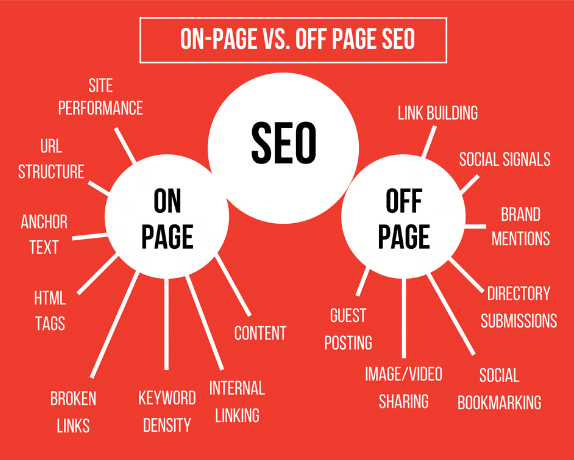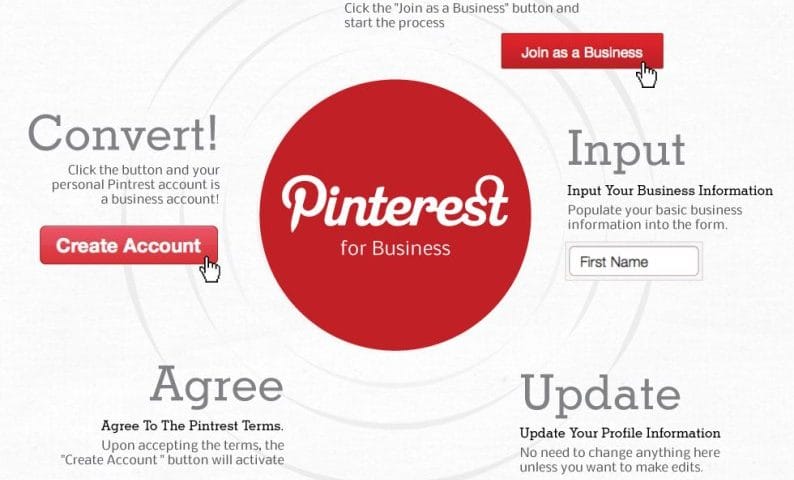Why PR Tactics Are The Next Step in Digital Marketing
Google’s recent changes to its search algorithm have set many digital marketers panicking. As the search engine giant moves away from evaluating websites on purely technical elements, it has refined its criteria to be more “human-like” – judging sites by their quality and relevance, based on things like inbound links and +1s on Google+. But how can marketers adapt their pre-existing techniques to capitalise on the new rules? The key, says Gerald Heneghan of MarketingProfs.com, is public relations.
Google’s new guidelines state that “webmasters can improve the rank of their sites by creating high-quality sites that users will want to use and share,” and that’s exactly the kind of content that PR produces. It follows that turning over more of your marketing budget to traditional PR methods will result in a healthier online profile.
PR agencies with their ears to the ground are already catching on to this: according to the Public Relations Consultants Association, 72% of PR agencies in the UK offer SEO services and over 60% are allocating more of their budgets to digital marketing – responding to a similar move by UK marketers, who are increasingly outsourcing their social media marketing. As a result, PR agencies have seen a significant jump in their revenue from digital sources and projects in the last 12 months. While most British businesses still handle their social media marketing in-house, confidence in its effectiveness is increasing; its ROI is now on par with gains from more traditional PR activities.

The reason social media and PR mesh so well is that public relations has traditionally focused on playing up a business’s best aspects to boost recognition and gain trust from its target audience, and this translates exceptionally well into the digital marketing sphere. Now, more than ever, businesses need to engage with their audience – they need Facebook shares, Twitter and LinkedIn followers and +1s on Google+ to compete in an increasingly crowded digital world.
Marketers can improve this even further with the power of blogs – not just posting their own content, but creating blogger outreach programs where bloggers are offered incentives to feature the business, and inviting guest bloggers to contribute on the main company site. It’s the new “you scratch my back” PR schmoozing tactic – promotion for promotion.
One thing that might hold a business back from pursuing these tactics is that Google tends to penalise sites that use manipulative tactics to build links, or overuse guest posting campaigns to improve their page rank. The good news is there’s no need to resort to black-hat techniques: the media relations strategies that PR agents have traditionally used work perfectly to ethically grow a business’s online presence. PR people get to know their media assets personally and work to maintain long-term beneficial relationships, so that when they need a favour, they have someone to call.
Media coverage is highly coveted as an immediate, if short-lived, boost to your profile. It results in increased traffic and skyrocketing page views as well as encouraging links from other media outlets and blogs, opportunities for guest posts, and hopefully new business. The ethical way to get in on these benefits is to earn your coverage with high-quality content.

But it’s not enough to simply attract attention – smart PR agents capitalise on every piece of real-life coverage and make it work as part of their online strategy. A PR approach means live-tweeting industry awards nights, conventions and seminars, and @mentioning influential contacts. When your business name is in print, TV or even radio, it means promoting it as much as you can through Facebook or LinkedIn – making sure to keep the content relevant and interesting. The balance between promotion and keeping your followers engaged is a tricky business for many marketers – but that’s where PR training comes in.
Not everyone can count on the promise of media attention. For those new to the digital PR game, the most effective way to boost growth is to join a conversation. Find out what your industry is discussing via Google+ and LinkedIn, and weigh in with a valuable contribution. Failing that, start your own conversation and promote it to encourage others to add their two cents.
Simply employing a PR agent or two is not going to be the magic spell that shoots your business to the top of the search rankings – it still takes time and some tweaking to hit on the right strategy, and the Internet is evolving all the time. But translating traditional PR tactics into your digital marketing is an effective and proven way to raise your online profile.







